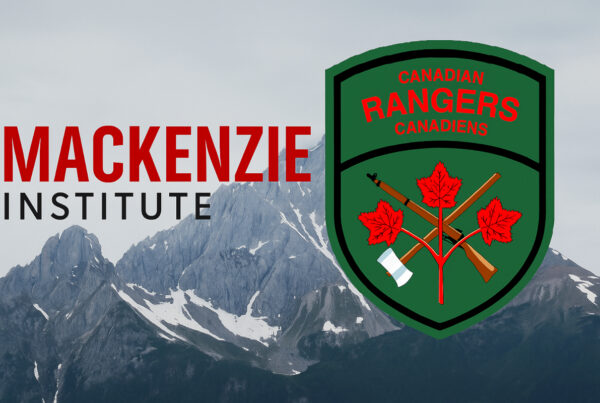The two most impactful definitions of Kurdish people characterize them as “an island surrounded by hostile countries”[1]and the largest ethnic minority without a state. Iraq alone is home to 5 million Kurds currently living in the northern territory of Kurdistan and forming up to 25% of the Iraqi population.[2] The Kurds possess a distinct culture, language, and religion separate from others in the region. Historically, they have suffered oppression culminating after World War I when they were promised a state under the Treaty of Sevres in 1920. This was promptly revoked two years later; since then, the Kurds have been vying for independence. Recent events in the regional have further threatened Kurdish populations, namely in Syria and Iraq. The Kurdish military in Iraq, the peshmerga, has been the primary force combatting the Islamic state, with aid from the Iraqi military and Western armies. In addition, the Syrian civil war has produced a record number of refugees with an estimated 12 million people internally and externally displaced. Approximately 2 million people in Kurdish regions are in need of humanitarian support.
On 21 June 2015, the Canadian Conference on the Kurdish Humanitarian Crisis was convened to discuss the present security situation of Kurdish populations in the region. The Mackenzie Institute was invited to participate along with notable academics, politicians, and professionals such as professor Ofra Bengio of the Tel-Aviv University Israel, the Honourable Minister of National Defence Jason Kenney, and security analyst Mike Lyons from CBS. The Mackenzie Institute contributed to the canon of discussion by analyzing the threat of foreign fighters in Iraq and Syria who come from Western countries like Canada. By evaluating the “foreign fighter phenomenon” and Canada’s actions to stop radicalization, the Mackenzie Institute sought to outline how a rise in foreign fighters impacts the security situation both domestically and abroad.









